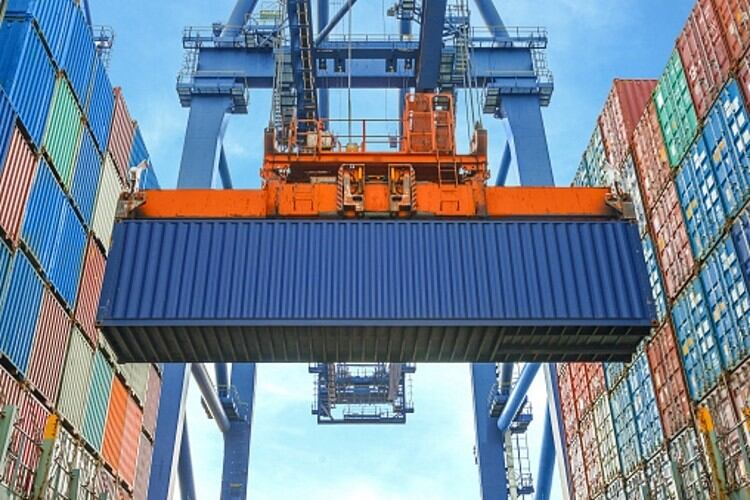The Government announced it would delay the implementation of some post-Brexit import controls for the second time since the UK left the EU single market at the beginning of 2021. After delaying for the first time in Aril, the new deadline was set for 1 October.
The British Meat Processors Association (BMPA) warned that the delay would mean an extension of the uneven playing field for British meat companies with their EU customers.
BMPA chief executive Nick Allen said it was no surprise that the Government had announced the delay, given the problems the supply chain was experiencing.
“Perhaps the more damaging consequence of this latest Government delay is the fact that British companies must now endure nine more months of unequal competition from EU suppliers whose goods are being waved through our borders,” said Allen.
“It also delays the point at which both the UK and EU are subject to exactly the same requirements and can really begin to work out better solutions to the new trading environment.”
‘Struggling with costs’
Responding to the announcement, National Farmers Union (NFU) President Minette Batters said: “While our exporters have been struggling with additional costs and burdens, EU competitors have been given extended grace periods by our own government to maintain access to the UK market relatively burden free.
“While further delays to controls on imported EU products may go some way to keep supermarket shelves stocked at a challenging time for the UK supply chain, the current production and supply issues are largely due to workforce availability.”
Batters repeated calls to the Government to implement a 12-month COVID recovery Visa and to expand and make permanent the Seasonal Workers Scheme.
“A delay to controls on EU imported products will do little to address supply chain problems, nor the long-term trade frictions farmers are experiencing,” she added. “Negotiators must seek to achieve a level playing field with pragmatic and equitable checks on imports and exports as quickly as possible.”
Food and Drink federation Chief executive Ian Wright pointed out that many businesses in the industry had invested significant time and money preparing for original deadline for these new controls to be implemented.
‘Pulled out the rug’
“Now, with just 17 days to go, the rug has been pulled,” said Wright. “This move penalises those who followed Government advice and rewards those who ignored it. As recently as yesterday [September 13], officials assured us that import checks would be implemented as planned.
“The repeated failure to implement full UK border controls on EU imports since 1 January 2021 undermines trust and confidence among businesses – worse, it actually helps the UK’s competitors. The asymmetric nature of border controls facing exports and imports distorts the market and places many UK producers at a competitive disadvantage with EU producers.”
While he acknowledged that supply chains were under extreme pressure, he noted that this was in large caused by labour and skills shortages in every part of the food chain.
“Government must put in place financial support to help prepare for these new deadlines of import controls – industry has invested three times in preparing, only to have wasted this money despite assurances from Government there would be no delay,” Wright added.
Meanwhile, UK food and drink exports to non-EU countries rose in the first half of 2021, but failed to cover the fall in sales to the EU, the FDF claimed.





